Major League Baseball Should Kick Its Racist Past and Put Dick Allen in the Hall of Fame
Many consider the 1964 National League Rookie of the Year and 1972 American League Most Valuable Player the best ballplayer not honored in Cooperstown.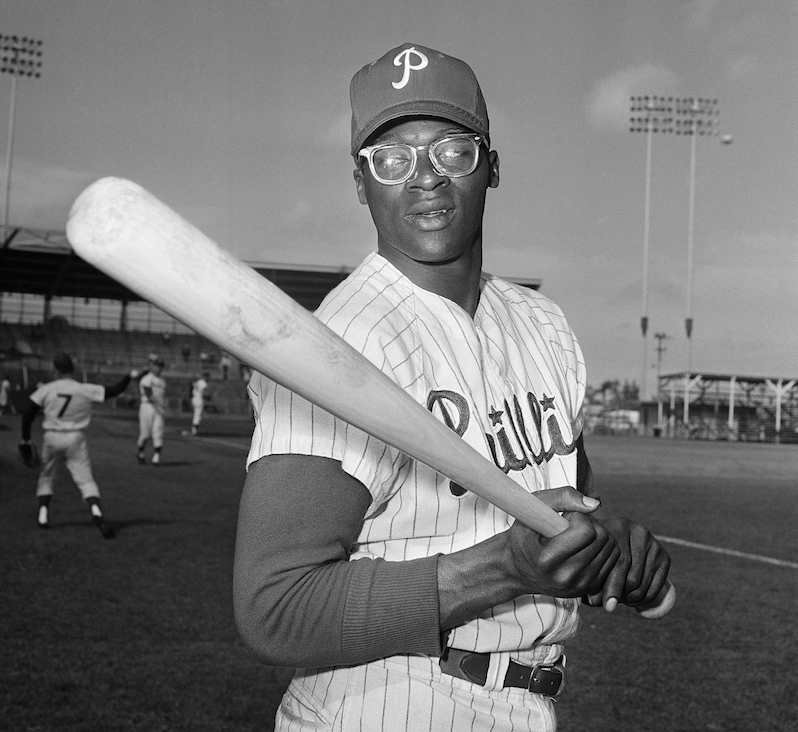 Dick Allen won the National League Rookie of the Year Award in 1964 and played in 1,749 games over a 15-year career in the major leagues. (AP)
1
2
3
Dick Allen won the National League Rookie of the Year Award in 1964 and played in 1,749 games over a 15-year career in the major leagues. (AP)
1
2
3
I regard Bill James as the greatest baseball analyst—no, the greatest baseball writer—of our time. I probably agree with his conclusions more than any other baseball writer or historian I’ve ever read. And let me add something else: James’ conclusions on Allen, though they have been often quoted, weren’t original. Most baseball writers of the 1960s and ’70s, particularly those in the Philadelphia area, were writing similar things about Allen decades before James’ book was published in 1994.
Ask just about any baseball fan who’s heard of Richie/Dick Allen, and they can tell you about his quarrel and eventual brawl with a white teammate, Frank Thomas (not to be confused with the black Frank Thomas inducted into the HOF a few years ago), and of his many refusals to participate in team promotions, reports of his showing up late for spring training or practices, and stories of making derogatory hand gestures to hecklers in the stands. And there are many more stories about what a troublemaker he was.
But one writer stepped up to the plate to set the record straight on Dick Allen. Baseball scout, analyst and author Craig Wright demolished most of James’ arguments about Allen in a 10,000-word essay, “Another View,” for the SABR “Baseball Research Journal,” Vol. 24, 1995. The essay now has a cult following, and if you have any interest at all in Dick Allen, I urge you to read “Another View.”
I can’t go into detail on Wright’s excellent piece, but I will quote a few people he talked to who were thought to belong to the anti-Dick Allen group, including the late Gene Mauch, Allen’s longtime Philadelphia Phillies manager, who fined him may times for showing up late: “If I was managing … and Allen was in his prime, I’d take him in a minute.” Mauch also told Wright, “He wasn’t doing anything to hurt [his teammates’] play of the game, and he didn’t involve his teammates in his problems.”
Speaking of Allen’s fight with Frank Thomas, Pat Corrales, a teammate on the 1964-65 Phillies, told Wright, “Thomas was your tough bully type, and he had been picking on Johnny Briggs [21-year black outfielder], saying ‘Boy this’ and ‘Boy that.’ Dick didn’t go for that, and there were some words between them.” Several witnesses said Thomas sparked the fight by hitting Allen on the shoulder with a bat.
According to some reports, Thomas had been annoying Allen by making mean-spirited comments about Malcolm X and calling the heavyweight champion Muhammad Ali by what Ali regarded as his “slave name,” Cassius Clay. Allen bristled at Thomas’ obvious bigotry.
Bob Skinner, who managed Allen with the Phillies in 1968-69 and reportedly often clashed with him, told Wright, “I didn’t appreciate some of his antics or his approach to his profession, and I told him so. But I understood some of it … He was very unhappy. He wanted out [of Philadelphia]. There were people in Philadelphia treating him very badly, throwing garbage on his lawn, things like that.
Did Skinner consider Allen a disruptive figure? “I didn’t see any of that in the time I had him. He obviously did some things that weren’t team oriented, but his teammates did not have a sense of animosity toward him. Not that I saw. They had some understanding of what was going on.”
Again, I encourage interested readers to check out Wright’s essay.
In 1975, Allen quit baseball after three years with the White Sox and went into voluntary retirement. He was talked into returning to the Phillies by a delegation of black and white players, including future Hall of Famer Mike Schmidt, who went to Allen’s farm in Wampum, Pa. (Schmidt acknowledged that he had idolized Allen as a boy playing Legion Ball in Ohio: “I always pretended I was Dick Allen.” Allen returned the compliment when he told a writer, “Mike Schmidt was the baddest white boy I ever played with.” Schmidt later said, “I hope someone remembers to carve that on my tombstone.”)
Allen played three more years. So Wright asks, “If Dick Allen was as bad an apple as some people have painted him, why the heck did they go to such lengths to bring him back?”
Your support matters…
SUPPORT TRUTHDIG
Independent journalism is under threat and overshadowed by heavily funded mainstream media.
You can help level the playing field. Become a member.
Your tax-deductible contribution keeps us digging beneath the headlines to give you thought-provoking, investigative reporting and analysis that unearths what's really happening- without compromise.
Give today to support our courageous, independent journalists.
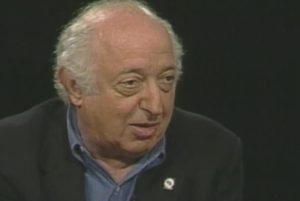
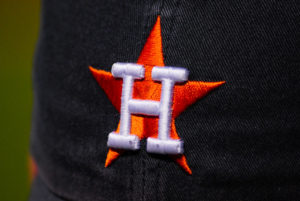
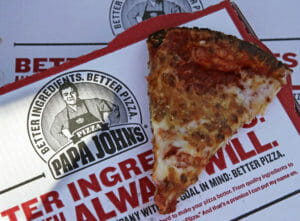
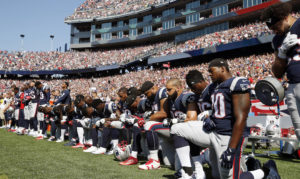
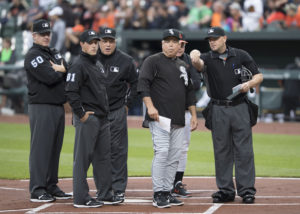
You need to be a supporter to comment.
There are currently no responses to this article.
Be the first to respond.